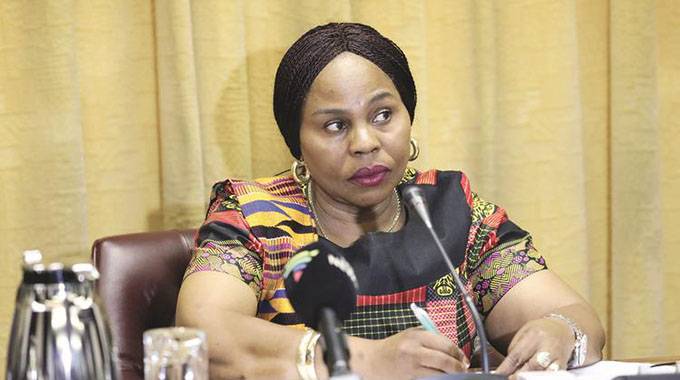TelOne saddled with US$400 million legacy debt, seeks US$250 million for network upgrade
TelOne, the country’s fixed-line telecoms operator, is saddled with a US$399 million legacy debt inherited from its predecessor, the Posts and Telecommunications Corporation (PTC), according to the company’s CEO, Lawrence Nkala.
Mr Nkala made the remarks during a media tour of the company’s operations in Harare and Bulawayo, where he highlighted the challenges the company is facing.
He said that due to technological obsolescence of the network inherited and foreign currency shortages, the company has not been able to repay these loans.
In 2019, the government of Zimbabwe resolved to take over the debt, but this has not yet materialized, resulting in TelOne operating in a net liability position.
Nkala said that the company requires about US$250 million for infrastructure, technology modernization, and capacity upgrades. He said that the funds are specifically targeted to deploy fibre and wireless access solutions, which will enhance the country’s connectivity and bridge the digital divide.
He also said that delays in tariff reviews are affecting the company’s profitability and business viability. TelOne is a state-owned company, and its tariffs, and that of other telco operators are regulated by the government.
According to the presentation by Nkala TelOne’s voice tariff fell from US$0.06 per minute in April 2023 to US$0.03 per minute in December 2023. This represents a 50 percent decrease. Over the same period, the average regional voice tariff remained at US$0.05 per minute.
TelOne’s data tariff also fell significantly, from US$13 per 10GB in April 2023 to US$6.57 per 10GB in December 2023. This represents a 49 percent decrease. Over the same period, the average regional data tariff remained at US$9.36 per 10GB.
The depreciation of the Zimbabwean dollar against the US dollar has outpaced the reduction in TelOne’s tariffs. As a result, TelOne is earning less revenue in US dollar terms, even though the tariffs in Zimbabwean dollars have remained the same.
Nkala said that government debt is also a major challenge for the company. As of January 31, 2023, the government owed TelOne $184 billion.
Business Weekly estinates this amount to have been approximately US$184 million, but now approximately US$15 million using the official exchange rates, then and now.
Nkala said that the outstanding amounts are taking longer to be paid, resulting in value erosion due to inflation and exchange rate movements. Efforts to engage debtors have not been successiful.
In addition to these challenges, TelOne is also grappling with theft and vandalism of its network.
Nkala said that the company’s copper network is continually being vandalized, resulting in high costs of replacing network equipment as well as service disruptions to customers.
Despite these challenges, Nkala said that TelOne is committed to providing its customers with quality and affordable telecommunications services. He said that the company is working on a number of initiatives to improve its financial performance, including cost-cutting measures, network upgrades, and new service offerings.
The challenges facing TelOne are reflective of the broader economic problems in Zimbabwe.
The country is currently in the midst of an economic crisis, characterized by high inflation, foreign currency shortages, and a depreciating currency. These factors have made it difficult for businesses to operate profitably.
Business Weekly analysts say;
“It remains to be seen whether TelOne will be able to overcome its challenges and achieve its turnaround goals. The company’s success will depend on a number of factors, including the government’s willingness to provide financial support, the approval of tariff increases, and a reduction in theft and vandalism.”-ebusinessweekly









